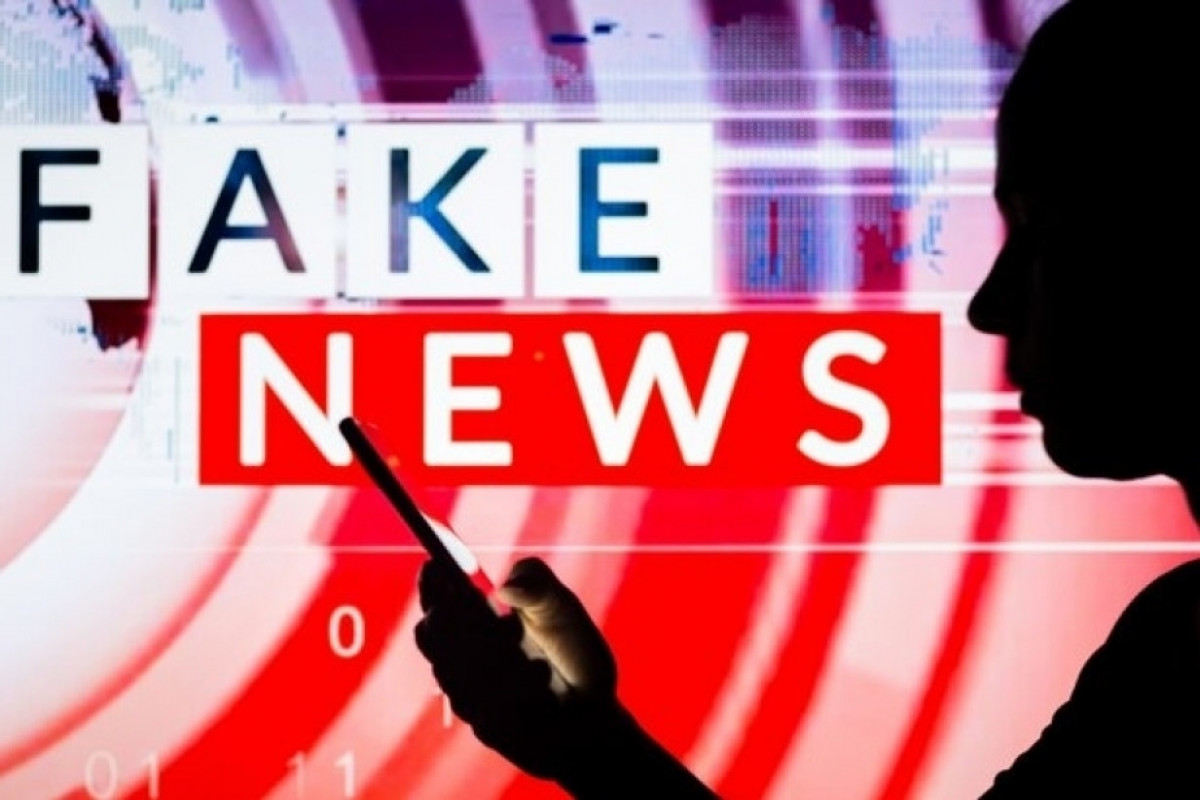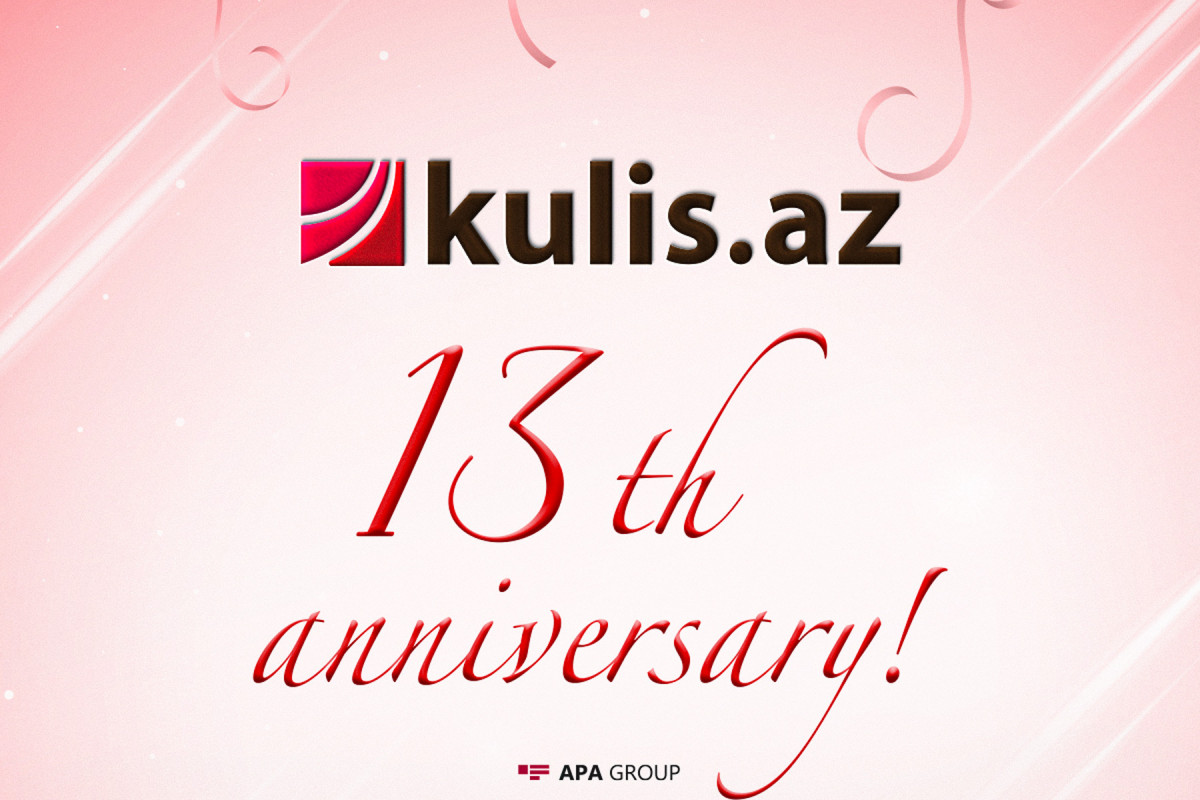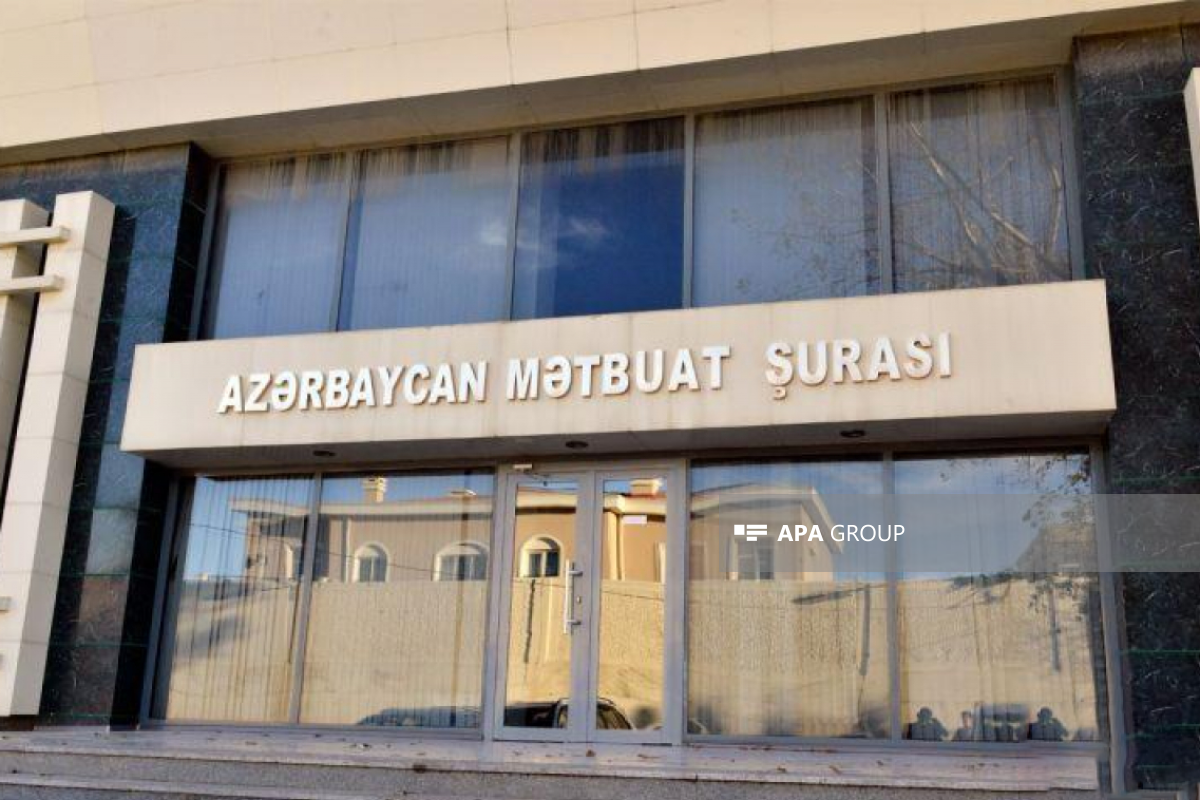President of APA Holding Vusala Mahirqizi addressed a media conference organized in Tehran by an institute operating under Iran’s state television.
Vusala Mahirqizi was invited to make a speech at the conference by Iran’s Culture and Islamic Guidance, an APA correspondent reported from Tehran.
The president of APA Holding spoke about internet and social media, new opportunities created by them, as well as about their possible danger.
According to her, internet media, in other words, new media is a very broad concept.
“Any information disseminated through interactive and digital method is referred to new media. This includes both news sites and social media created at subsequent stages,” she said.
Mahirqizi noted that at the moment there is ongoing rapid digitalization and informative-communicative globalization in the world.
She also added that the unlimited access to information, the possibility of free exchange of information and ideas played an important role in the recent cataclysms in the world.
“A clear example of this is the Arab Spring. The mobilizing role of social media is also among factors caused “Gezi Park” events in Turkey,” she said.
As for the most negative side of the new media and social networks Mahirqizi said: “It is worth mentioning that terrorist propaganda has been considerably simplified. Internet and social media have become an effective tool for terrorist organizations to spread their ideas throughout the world to gather support and to intimidate people. Social network managers begun to struggle to stop terrorist propaganda very late and it is questionable how effective this struggle is. We also see that these states are trying to react to such negative cases individually.”
According to her, some countries see the prevention of harmful propaganda in restricting social networks on their territories or in blocking them temporarily or permanently, while other countries create their own alternative social media and encourage their citizens to use it by partly or completely restricting transnational social media.
“However, any intervention in social media by states brings up claims of violation of freedoms of the Internet and expression. This has in recent years become one of the controversial themes worldwide as it is not easy to define what exactly freedom of expression means and draw boundaries of this freedom on the Internet,” she added.
As for the situation of social media in Azerbaijan, she noted that there is freedom in this area in the country.






